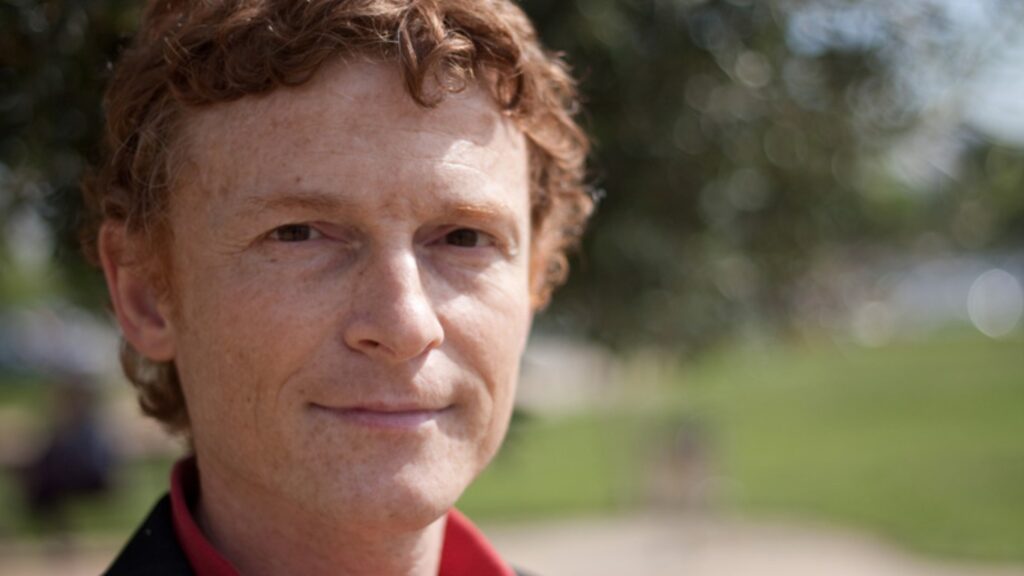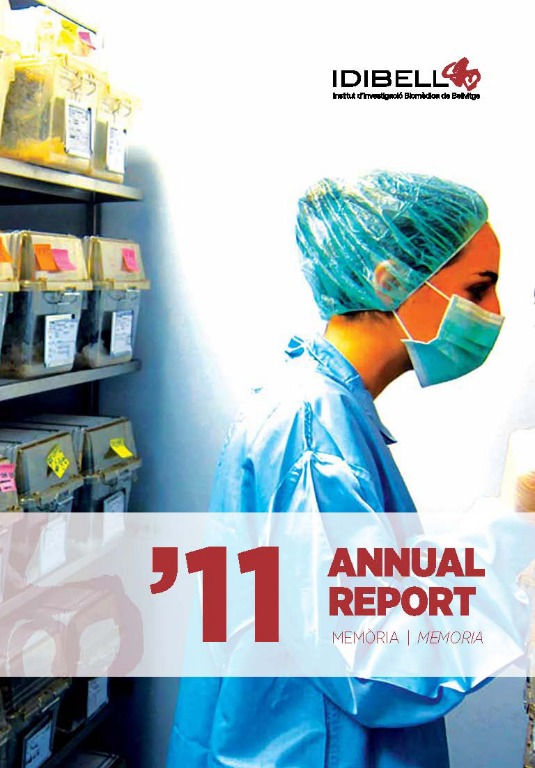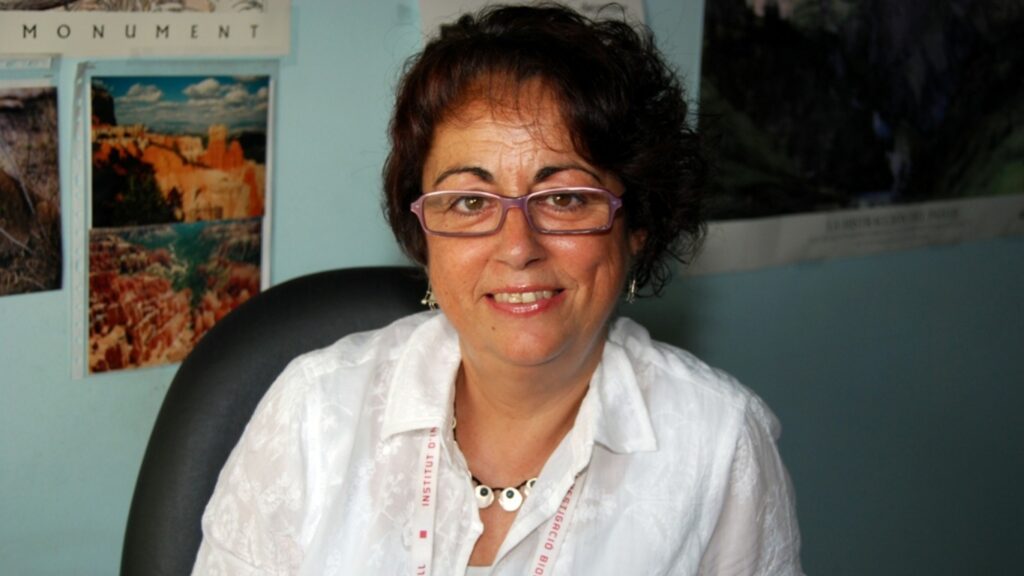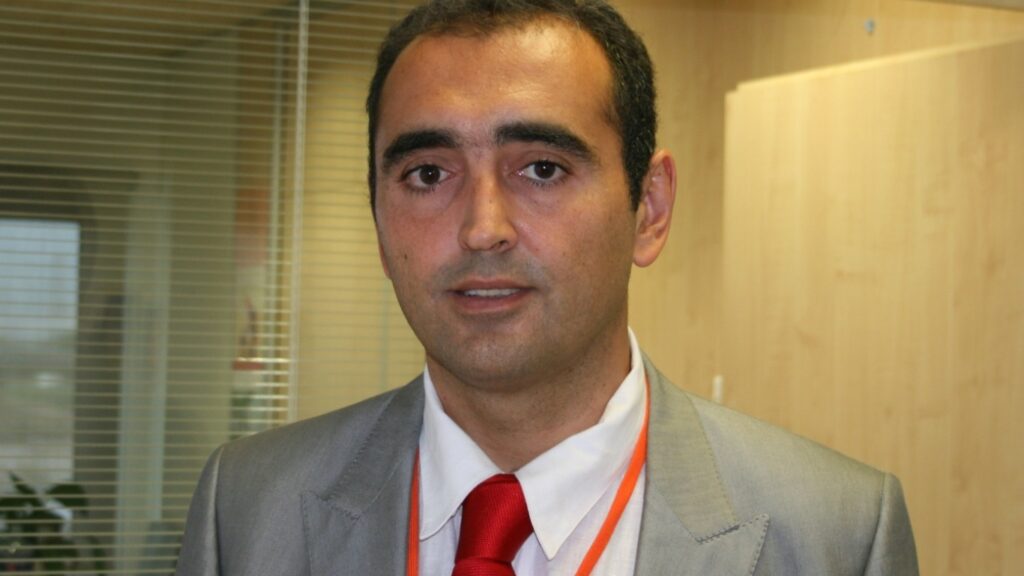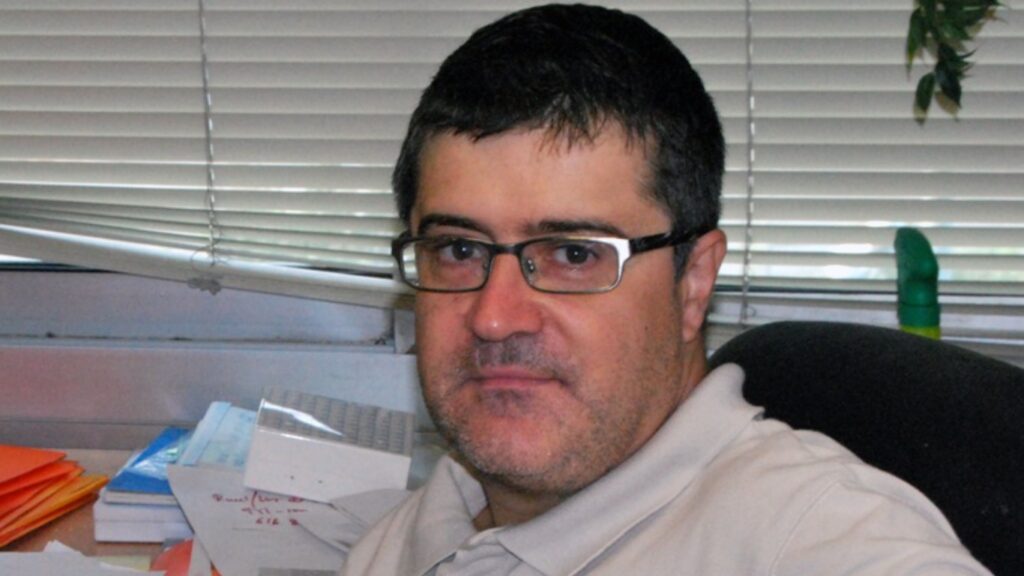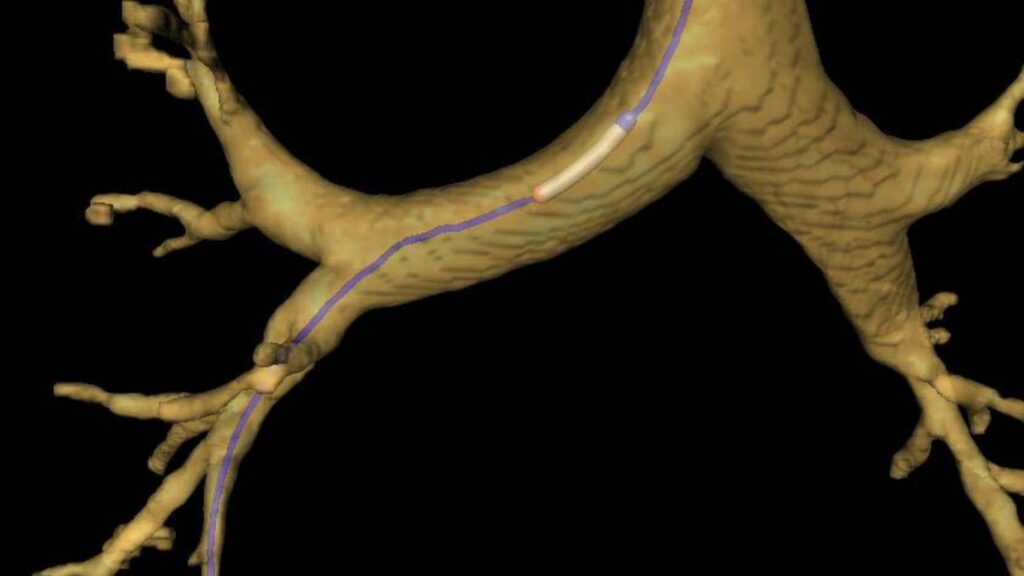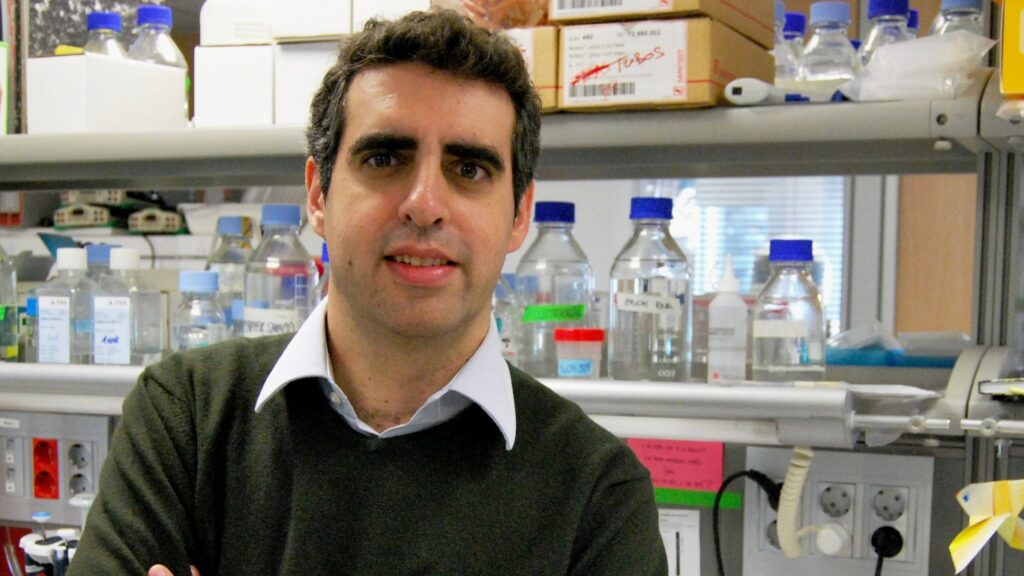La Vanguardia publishes an opinion article on research, by the IDIBELL general manager
The newspaper La Vanguardia publishes on Sunday, October 7th, an opinion article written by the IDIBELL general manager, Emilià Pola, on the future of the research and development in the world and in Catalonia. Pola highlights that “every biomedical researcher makes possible a business of 400,000 euros per year, five times more than it costs”. […]
La Vanguardia publishes an opinion article on research, by the IDIBELL general manager Read More »

